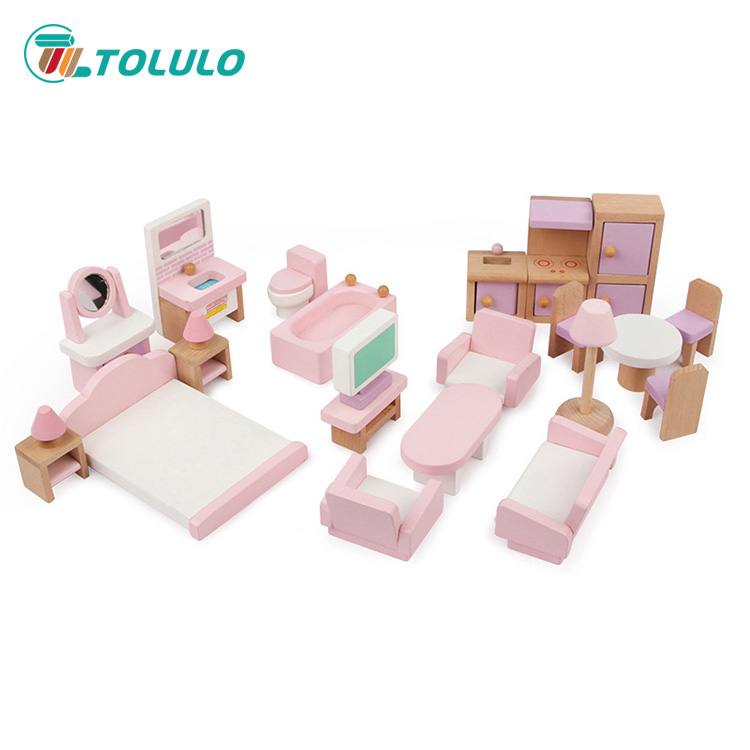 English
English-
 English
English -
 Español
Español -
 Português
Português -
 русский
русский -
 Français
Français -
 日本語
日本語 -
 Deutsch
Deutsch -
 tiếng Việt
tiếng Việt -
 Italiano
Italiano -
 Nederlands
Nederlands -
 ภาษาไทย
ภาษาไทย -
 Polski
Polski -
 한국어
한국어 -
 Svenska
Svenska -
 magyar
magyar -
 Malay
Malay -
 বাংলা ভাষার
বাংলা ভাষার -
 Dansk
Dansk -
 Suomi
Suomi -
 हिन्दी
हिन्दी -
 Pilipino
Pilipino -
 Türkçe
Türkçe -
 Gaeilge
Gaeilge -
 العربية
العربية -
 Indonesia
Indonesia -
 Norsk
Norsk -
 تمل
تمل -
 český
český -
 ελληνικά
ελληνικά -
 український
український -
 Javanese
Javanese -
 فارسی
فارسی -
 தமிழ்
தமிழ் -
 తెలుగు
తెలుగు -
 नेपाली
नेपाली -
 Burmese
Burmese -
 български
български -
 ລາວ
ລາວ -
 Latine
Latine -
 Қазақша
Қазақша -
 Euskal
Euskal -
 Azərbaycan
Azərbaycan -
 Slovenský jazyk
Slovenský jazyk -
 Македонски
Македонски -
 Lietuvos
Lietuvos -
 Eesti Keel
Eesti Keel -
 Română
Română -
 Slovenski
Slovenski -
 मराठी
मराठी -
 Srpski језик
Srpski језик
When do children start to play "house"? Experts: Imagination starts here
2025-04-09
Recently, the importance of "pretend play" (also known as symbolic play) in children's early development has attracted the attention of parents. This type of game is typically in the form of "playing house" and "playing doctor" and other situational roles. Although it seems simple, it is regarded by psychologists as a key "window" for children's cognitive, social and emotional development. So, at what age do children start to "pretend"? How does this game affect growth? The reporter launched an investigation on this.
1.5 to 2 years old: the "budding period" of pretend play
"When the child was 1 and a half years old, he suddenly picked up an empty cup and pretended to drink water. The whole family was surprised and happy." Ms. Li, a parent in Beijing, recalled. Similar behavior marks the entry of children into the early stage of "pretend play". Wang Minghui, a professor at the Child Development Research Center of Beijing Normal University, explained: "Children aged 1.5 to 2 years old begin to understand 'symbol substitution' and can use bananas as telephones and building blocks as cars. This is an early manifestation of abstract thinking."
3-6 years old: The "explosive period" of creativity and social ability
When the reporter visited a kindergarten in Chaoyang District, Beijing, he saw a 4-year-old child building a "space capsule" with cardboard boxes and assigning roles to play astronauts. Zhang Li, the head of the kindergarten, said: "After the age of 3, pretend play changes from individual behavior to cooperation. Children exercise their language expression and emotional management abilities by negotiating roles and making rules." Studies have shown that children who frequently participate in complex pretend play perform better in story retelling and conflict resolution tests.
Excessive intervention may kill imagination
Some parents worry that "children are always playing around. Should they be guided to learn knowledge?" In this regard, the director of the Department of Psychology at Shanghai Children's Hospital reminded: "Pretend play is a spontaneous learning process. If you force literacy cards to replace 'playing house', it may limit creativity." She suggested that parents can provide open toys (such as building blocks and puppets), but avoid excessive guidance on how to play.
Experts: These signals need attention
Professor Wang Minghui pointed out that if a child is still unable to perform simple role-playing after the age of 4, or lacks interest in interacting with peers, it is recommended to consult a professional organization. However, he emphasized: "The pace of development varies from person to person. In most cases, letting nature take its course is the best support."
At present, some kindergartens in China have introduced "free play" courses, setting aside 1 hour a day for children to design game scenes independently. Education researchers call on parents to attach importance to the value of "pretend play" and reserve a space for children to freely imagine.




